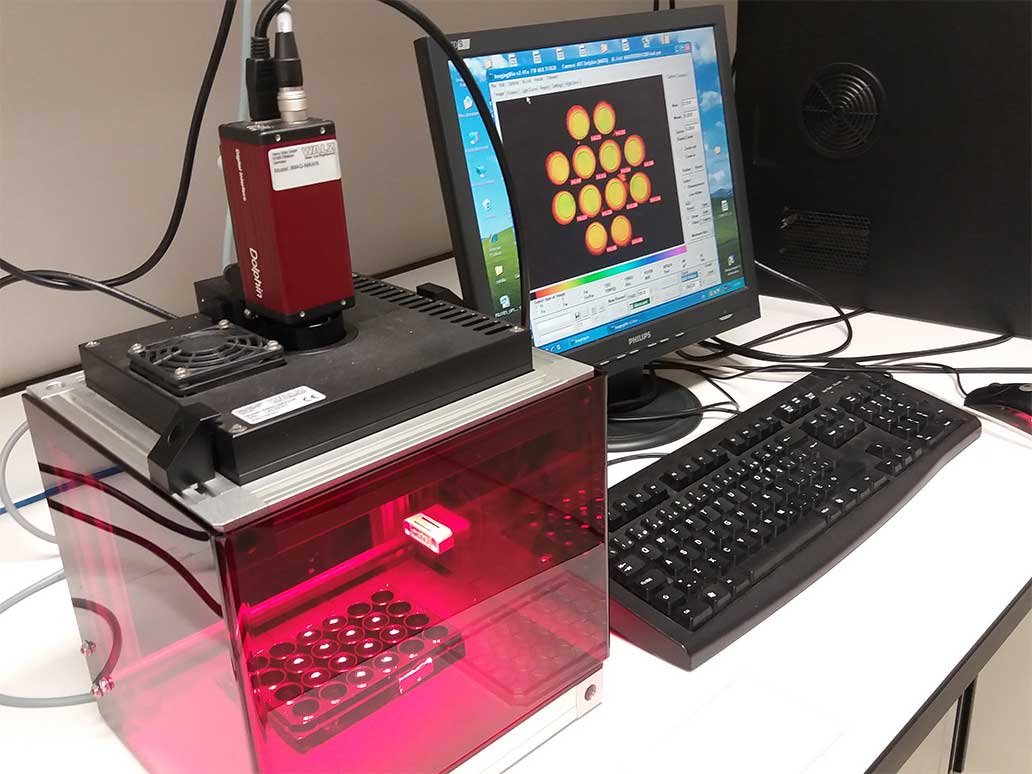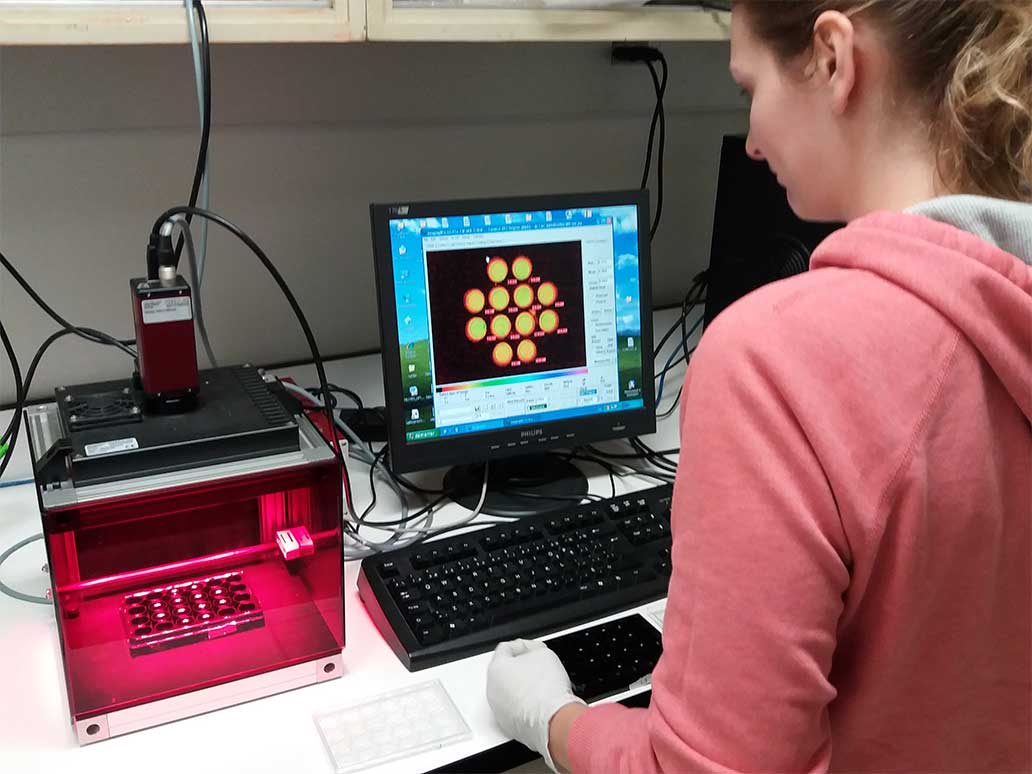Effects of pesticides on ecologically relevant Arctic phytoplankton and zooplankton: comparison with temperate species responses and implications for standard toxicity tests for the ecological risk assessments in Arctic waters
Description
Due to long-range atmospheric and marine transport, agricultural pesticides used in the temperate regions of the world may have contaminated Arctic Waters. In temperate waters, pesticides impair the physiology and growth of both phytoplankton and zooplankton. However, little is known about the impacts of these chemicals on Arctic plankton, and whether Arctic species are more sensitive to pesticides than temperate ones. Moreover, ecotoxicological tests used on temperate species might not be suitable for assessing Arctic organisms. It is important to address these knowledge gaps since the abundance and productivity of these microscopic organisms are essential to maintaining fish populations, which play a crucial role in the socio-economics of the region.
This research will:
- measure the presence and concentration of 18 pesticides in Arctic waters at different locations and seasons;
- investigate the effects of different levels of pesticides—alone and in a mixture—on the growth, productivity and physiology of ecologically relevant Arctic phytoplankton and zooplankton under controlled laboratory conditions; and
- compare the responses of Arctic plankton to temperate strains of the same species to assess whether or not temperate species are suitable for toxicity assessments of Arctic waters.
The study will generate critical knowledge about the potential impacts of pesticides on the primary productivity of Arctic marine ecosystems and, consequently, on the food web and sustainability of fish stocks in the region. This will help to improve ecological risk assessments for these waters, which is relevant to the health of people who live there.
Program Name
National Contaminants Advisory Group (NCAG)
Year(s)
2017 – 2020
Ecoregion(s)
Arctic: Hudson Bay Complex, Eastern Arctic
Principal Investigator(s)
Dr. Philippe Juneau
Professor
Université du Québec à Montréal
- Date modified:

